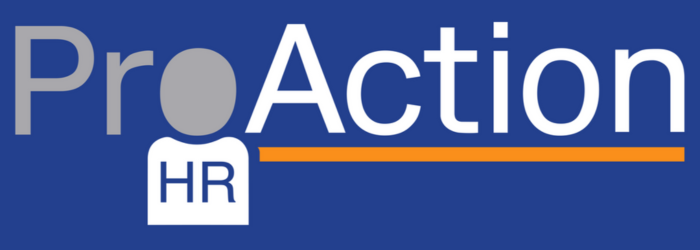Everybody’s Talking About Neurodiversity
Joanne Hobbins, our co-founder and in-house psychology expert, considers the challenges faced in the workplace by the neurodiverse, and what an organisation might need to consider to enable everyone to shine.
It seems that everyone is talking about neurodiversity these days: “What is it?”; “Who has it?”; “I think I might be neurodiverse.”. Whilst the term may be utilised, how much understanding really lies beneath it?
From an inclusivity at work perspective, it concerns me that between 15 and 20% of the workforce are curtailing their preferable ways of working to fit into the neuronorm. And how much stress and pressure does this create for the individuals concerned? How much productivity is lost?
The very basis of neurodiversity is that people process information in different ways. But who is to say that any of these different ways of processing information is better or worse? They are just different. However, the world is generally geared to meet the needs of the majority. This of course puts the minority at a disadvantage. If I therefore process the world differently to the majority, my needs can go unmet, or I must change my needs to fit in. I can start to feel that my different needs are a negative, or I am deficient in some way. In focussing on the deficits, we are not harnessing the positives, or seeing the strengths that neuro variances can bring.
So let us first consider an organisation recruiting for a vacancy. Typically job adverts go online, we apply via a CV or online application. This tends to be in response to a job advert and job description. And the next stage is to go for a face-to-face interview. If successful, the candidate goes through the onboarding process.
A very talented skilled individual, who processes the world differently, may be put off at any one of those recruitment steps. They may be thinking that they literally do not tick off all the job requirements so aren’t suitable for the role, they may be daunted by a face-to-face interview, an interviewer may not select someone because they didn’t meet eye contact, and during the onboarding the candidate may be overwhelmed at the culture they need to fit into. They may just save themselves the stress, and just not apply.
Then consider a day-to-day experience that most of us are just accustomed to – your boss landing at your desk asking for figures to present in the next 10 minutes; being pulled into an impromptu brainstorm to solve a problem; networking with a new client; or even just working in an open plan office.
Whilst some of these situations can be stressful, we manage it. For some, these scenarios are completely overwhelming and anxiety provoking, and enough to deter from working at all.
But what strengths are we missing out on if we don’t attract and retain this pool of talent? Neurodiversity represents a different way of thinking, imagining new ideas and ways to solve problems. There are so many strengths that add value to the working world that are associated with neurodiversity, that without it, particular job functions may not exist. So, what can an organisation do to ensure they are not ruling out 20% of the talent pool?
Can you involve people who are neurodiverse in consultation on how the physical office environment meets their needs? Can you reconsider the recruitment process, auditing just how inclusive it is? Can you evaluate the culture to see how flexible it is to different needs? Can you survey how open minded the organisation is, so that individuals feel able to voice their needs? How flexible are you in thinking about day-to-day experiences from someone else’s perspective?
If you would like to understand a bit more about what your organisation can do, join us on 7th February for a facilitated workshop on neurodiversity. We don’t have all the answers – they come from the experts themselves, those who live and experience the neurodiverse culture every day – but we can help you question what it is you may need to consider.


